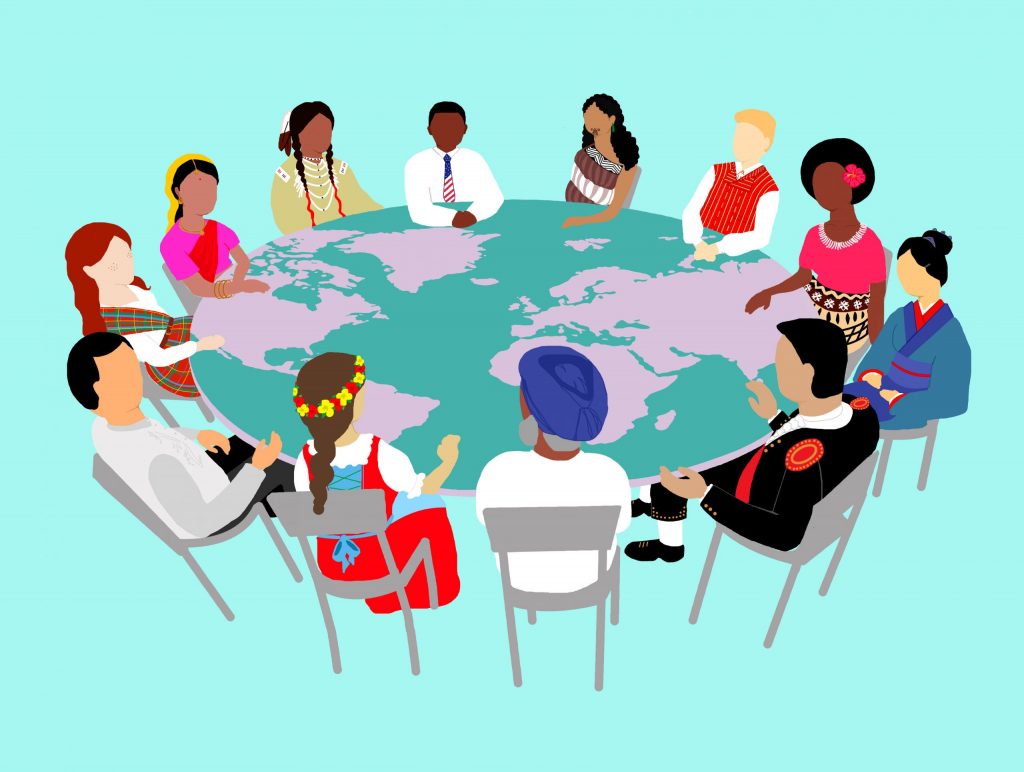By Dr. James Christie, Ambassador-at-Large, Canadian Multifaith Federation

Some of us remember. Perhaps more accurately, some of us are unable to forget. For the most part, we are the children of the 50’s and 60’s, and we remember Camelot.
I don’t mean the never-was Camelot of Mallory’s Mort d’Arthur, set in an unidentifiable moment in what is often referred to as the “High Middle Ages.” That Camelot is patently fairy tale.
Nor do I refer to the historical, even likely, 5th century Celtic war lord, Riothemus, who bears such a striking resemblance to our ideal King Arthur. (see Geoffrey Ashe, The Discovery of King Arthur, 1985.)
Kennedy’s Camelot
No, what I recall, what we recall, is the glittering 1000 days of the Kennedy Whitehouse. It was an image created by “Jackie”; and the inspiration belongs to Lerner & Loewe, who in turn based their wildly popular Broadway production and subsequent film on T.H. White’s magnificent, The Once and Future King.
Let it never be forgot,
That once there was a spot,
For one brief shining moment
That was known as Camelot.
Given the state of global leadership today, a sometimes-tarnished memory seems to gleam a little more brightly these days. Granted that JFK was not perfect, as nearly sixty years of revisionists have been anxious to demonstrate. Neither was the Arthur of either White or legend for that matter. On the other hand, Andrew Cohen demonstrates, in Two Days in June, in two of the most significant speeches by any American President delivered in but 48 hours, Jack Kennedy lit a beacon for peace and a beacon for civil rights that are not yet extinguished.
For me, and for many of my vintage, John Fitzgerald Kennedy and the “best and the brightest” with whom he surrounded himself bequeathed to posterity a two-fold legacy. First, we grew to adulthood with the conviction that hope is real and powerful, and that the future need not be a dreary rehearsing of the past. Second, that the Round Table around which Arthur’s knights sat as equals was far more than a quaint and colourful symbol. It was a powerful idea that could be realized; and which could be instrumental in the realization of a better future for the whole human community than had hitherto been imagined.
You see, there is a reason the table is round.
Why a Round Table?
The most obvious reason is that a table without a designated head promotes the concept of a community of equal standing among its members. No matter how mighty Arthur was; how chivalrous Sir Lancelot; how pure Sir Galahad; once at the table, individual excellences contributed to a whole far greater than the sum of its parts.
The shape of the table lends itself to the development and practice of shared leadership, and hence to that precious, fragile, and elusive commodity: democracy. The essential hope for democracy, as T.H. White phrased it, is to replace the age-old maxim that might makes right with the far superior vision that right makes might.
Perhaps even more significant, as my great mentor, Fr. Prof. Ovey Mohammed, an Indian Jesuit by way of Jamaica, noted, a round table is the embodiment of the principle that each person’s place at the table affords a different perspective from that of every other person at the table. In short, it is the essence of what the late Donald Pasterski championed as “principled pluralism.”
Setting the Table in Riyadh
In but a few short days, the G20 Interfaith Forum will convene virtually with its focus in Riyadh, Saudi Arabia. Our partners include a high-level Saudi host team; the King Abdullah International Centre for Interfaith and Intercultural Dialogue (KAICIID); the United Nations Alliance of Civilizations (UNAOC); and a host of international religious and civil society organizations as listed on our website.
The decision to meet “in” Riyadh has not been without controversy. Given Saudi Arabia’s domestic human rights challenges; the war in Yemen; and the sensational death of Saudi dissident writer, Jamal Kashogi, this is hardly surprising.
Nevertheless, our table is round. The Presidency of the G20 in 2020 belongs to Saudi Arabia. Saudi Arabia has a seat at the table. We believe that no positive change is even conceivable unless all parties take their legitimate place at the table of dialogue and discourse.
And let us be candid, no place at the G20 table is occupied by a player which is without sin. My own country, Canada, is an enabler of global violence through its unholy and self-serving participation in the international arms trade.
So, the G20 Interfaith Forum has set the table. If I may be so bold, permit me to invite you to join us. The registration details are on this website that you are currently visiting. Decide for yourself. The table, after all, is round.
Dr. James Christie is the inaugural Ambassador-at-Large for the Canadian Multifaith Federation and part of the G20 Interfaith Forum Board of Directors. For 15 years, Christie served at the University of Winnipeg as Dean of Theology, Dean of the Global College, and Director of the Ridd Institute for Religion and Global Policy.


